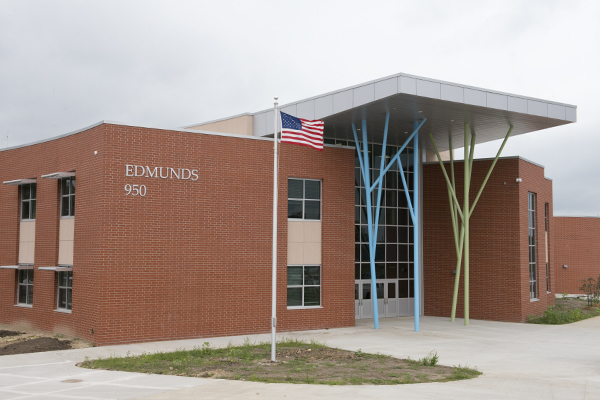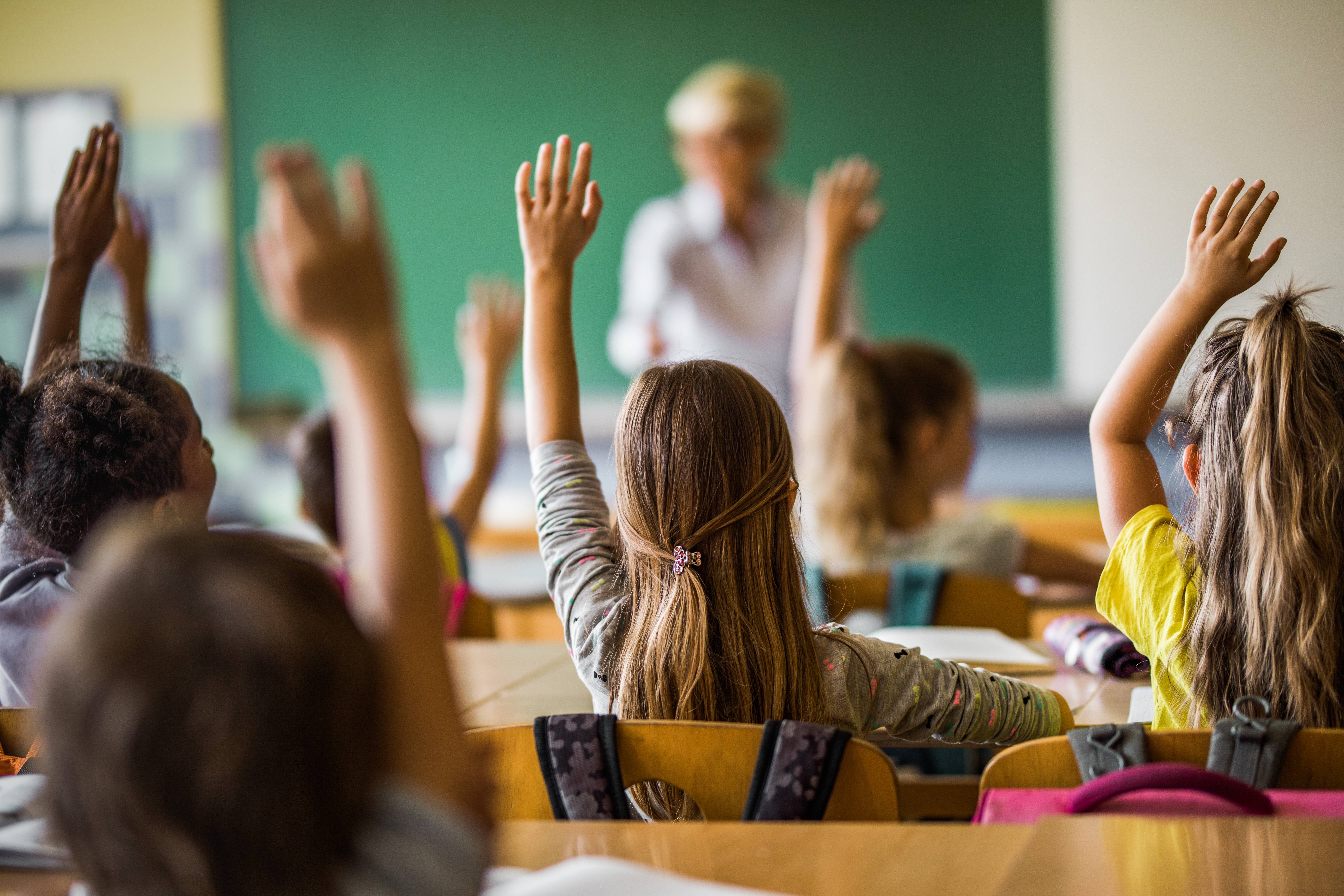Comprehending the Relevance of Colleges in Youngster Advancement and Community Growth
Colleges' involvement with local communities through service-learning campaigns reinforces the bond between households and academic institutions. This cooperative relationship underscores the relevance of schools in nurturing active citizenship and lifelong learning practices.
Academic Achievement
Academic achievement works as a foundation of youngster growth, giving the foundation whereupon future learning and success are constructed. Institutions play a critical function in promoting this scholastic growth, using organized atmospheres where children can get essential knowledge and cognitive skills. Standard curricula make sure that pupils gain efficiency in core subjects such as mathematics, scientific research, and language arts, which are vital for both college and professional opportunities.
In enhancement to giving fundamental academic abilities, colleges likewise grow essential thinking, analytic abilities, and intellectual curiosity. These cognitive competencies are vital for browsing complex real-world situations and adapting to the ever-evolving demands of the modern-day office. Teachers, as facilitators of understanding, utilize diverse instructional techniques to satisfy varied discovering styles, thus taking full advantage of individual trainee possibility.
In addition, scholastic success is very closely linked to self-confidence and motivation. Kids who experience academic achievements are more probable to create a favorable self-concept and a lifelong interest for discovering. Schools additionally supply various sources, such as collections and technology, which even more enhance the academic experience and prepare pupils for a technologically advanced society.
Social Skill Development
Beyond academic success, the role of institutions in social ability advancement is important. Schools offer as a key venue for youngsters to learn and practice vital social skills such as interaction, problem, and participation resolution. In the structured atmosphere of a classroom, students engage with peers, educators, and other college staff, offering various chances to create these important capacities.
Efficient social skill growth in institutions is facilitated with group activities, collaborative tasks, and extracurricular programs. These communications help students comprehend social norms, construct compassion, and cultivate a feeling of community. As an example, group tasks teach pupils just how to interact towards an usual goal, pay attention to different viewpoints, and browse disagreements constructively.

The farming of social skills during academic year lays a structure for future individual and specialist connections. Save Temecula Schools. As students grow, the capacity to properly communicate and collaborate comes to be increasingly important, emphasizing the school's crucial function in alternative kid growth
Exposure to Variety
Direct exposure to variety in institutions is fundamental to promoting an inclusive mindset and broadening students' point of views. Schools act as a microcosm of the broader culture, and coming across diverse cultures, languages, and socioeconomic backgrounds within this environment furnishes pupils with crucial abilities for browsing a significantly globalized world. This exposure urges compassion, decreases bias, and promotes mutual regard amongst peers.
Research study suggests that students that interact with peers from check diverse backgrounds show much better analytical skills and creative thinking. This understanding of diversity prepares pupils for future workplaces that value multicultural competence - Save Temecula Schools.

Area Involvement
The benefits of diverse class prolong beyond the school wall surfaces, why not try here cultivating a solid feeling of neighborhood engagement among students. By communicating with peers from different cultural, socioeconomic, and ethnic histories, students acquire a wider point of view and an admiration for variety. This direct exposure urges them to come to be energetic residents who are ready to add favorably to their communities.
Schools that stress area engagement frequently incorporate service-learning projects, which permit pupils to deal with real-world issues while applying scholastic abilities. These jobs not only enhance pupils' understanding of their coursework however likewise instill a feeling of duty and compassion. Additionally, partnerships between colleges and regional organizations provide pupils with chances to join community occasions, additionally solidifying their duty as positive community participants.
Furthermore, adult and community participation in colleges strengthens the bond between instructional establishments and the communities they serve. Via these initiatives, institutions play an essential duty in nurturing community interaction and cultivating societal development.
Lifelong Knowing Routines
Creating long-lasting knowing routines is essential for a child's continual growth and versatility in an ever-changing world. Schools play a critical function in instilling these habits by producing an atmosphere that promotes interest, crucial reasoning, and a love for knowledge. Through extracurricular activities and diverse curricula, educators urge trainees to explore numerous subjects, evaluate information seriously, and apply their learning to real-world situations.

Furthermore, institutions provide an organized atmosphere where youngsters can develop self-control and time monitoring skills, both of which are vital for constant discovering. By stressing the significance of setting objectives, assessing progression, and adjusting techniques, universities prepare students to browse the complexities of adult life, ensuring they stay long-lasting students and contributors to culture.
Conclusion
In verdict, institutions are necessary in promoting child development and community growth by providing environments for academic accomplishment, social skill growth, and direct exposure to diversity. With collective jobs and communications, colleges enhance crucial thinking, compassion, and interaction skills. Area involvement initiatives better reinforce the bond in between schools and regional neighborhoods. Inevitably, schools cultivate long-lasting discovering routines, furnishing individuals with the needed understanding and skills to contribute positively to society.
In the organized atmosphere of a classroom, pupils connect with peers, educators, and various other college personnel, using many opportunities to establish these vital abilities.
In essence, direct exposure to diversity within institutions not just enriches private pupils but likewise enhances the social textile of the community as a whole.
The benefits of varied classrooms expand past the school walls, promoting a solid sense of community interaction amongst pupils.Schools that stress community interaction usually incorporate service-learning jobs, which enable pupils to resolve real-world problems while applying academic skills. Partnerships between institutions and regional companies give pupils with opportunities to take part in neighborhood occasions, additionally strengthening their duty as aggressive area participants.
Comments on “Why It's Crucial to Rally Together to Save Temecula Schools”